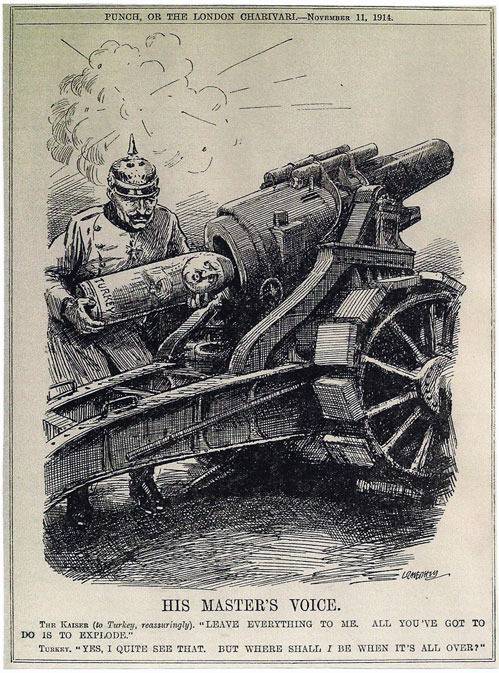Donald Trump has a near lock on the Republican nomination for the US Presidency. Most polls show him leading the 15-candidate race "bigly," to use a Trumpism. Moreover,
seventy percent of Republican voters, i.e., including many of those supporting a candidate other than Trump, believe Trump will be their nominee.
And in a contest with Hillary Clinton, a former Secretary of State with a criminal indictment threatening, who is a loyal adherent of Democrat President Barack Obama, surely among the worst presidents the United States has had to endure, Trump's chance of gaining the Presidency look distinctly better than even. Time then to consider the consequences of a Trump presidency.
Trump has promised to cut corporation tax and income tax, and to eliminate the estate tax. He's also promised to tackle America's $19-trillion, going on $20- and $21-trillion, burden of debt. How could he square that with reduced taxes?
First, Trump would undoubtedly abolish a few departments of the Federal Government, notably Education, thereby saving at most a drop or two in the bucket of red ink.
Second, he would surely make good on his implied commitment to restructure the debt. Of the total, approximately $2.6 trillion is held by the US Federal Reserve. This is debt that was created by money printing. The cost has already been passed to the public in the form of inflation. This debt can simply be written off. Although the Fed collects interest on that debt, it returns the proceeds to the Treasury less the Fed's own operating costs, so writing off these loans means nothing financially, but it greatly improves the optics: at a stroke, national debt reduced by 14%. As for the remaining debt, a write down of ten, twenty, thirty percent could happen. Going back to the Nineteenth Century, debt default is as American as apple pie.
But there are other options. Trump has promised to bring jobs back from China, Japan, Mexico and the rest of the World. How to do that? Easy, reinstate America's nineteenth century across-the-board import tariff, giving American factories, mines and oil wells a competitive advantage. Soon you have more American jobs, rising wages and an addition of several hundred billion a year — an amount rising with economic recovery to maybe four, five hundred billion a year — in revenue to the US Treasury.
In addition, if necessary, and perhaps anyway, a special import tariff on oil to insure a minimum of $60 a barrel for domestic production. That would restore the US fracking industry, while keeping energy prices high enough to drive continued improvements in energy-use efficiency. And note that revival in US shale oil would further depress the world oil price. Thus a US oil import tariff could yield the government $20, 30, or even 40 dollars per imported barrel of oil — for a total of up to six or seven hundred billion dollars a year: Government budget deficit RIP. And without driving gas prices anywhere near last year's high.
The only real complication is how such changes would affect the price of the dollar. Tariffs will tend to strengthen the dollar and thus negate their intended effect. Overall, however, Trumponomics would be strongly inflationary, and inflation would likely check any upside to the dollar. As manufacturing and energy industry jobs return to the US (and as the flood of illegal immigrants — who man the below-minimum-wage, no-tax, underground economy — is checked and reversed), wages and prices will rise quickly. Inflation of five, ten, twenty percent will drive interest rates, way, way up and bond prices way, way down, providing the Federal Government an opportunity to buy down the national debt at a huge discount.
What are the net results? On the negative side, bond investors will be hurt. Investors in global corporations that depend on offshore sweatshop labor will be hurt, savers will be hurt, although as interest rates rise, savers will at least get a significant rate of interest on their money.
Who will gain? Americans for Trump, obviously. That is, most of the 95 million Americans of working age who are not working but would be if they could find a job. Plus tens of million of other Americans who have part-time jobs but want full-time work. And not least, all the Americans with lousy low-paid work (the
average yearly earned income of the lowest paid half of the American workforce is less than $13 thousand) who want a pay raise. In addition, hundreds of thousands of small businesses in competition with off-shore sweatshops that will prosper greatly in the shadow of a tariff wall. Plus all those parents with twenty- and even thirty-something-year-old "kids" living at home because they don't have the income to set up a home of their own.
Bring it on.
Related:
A prophetic interview on globalization with late Sir James Goldsmith in 1994:










